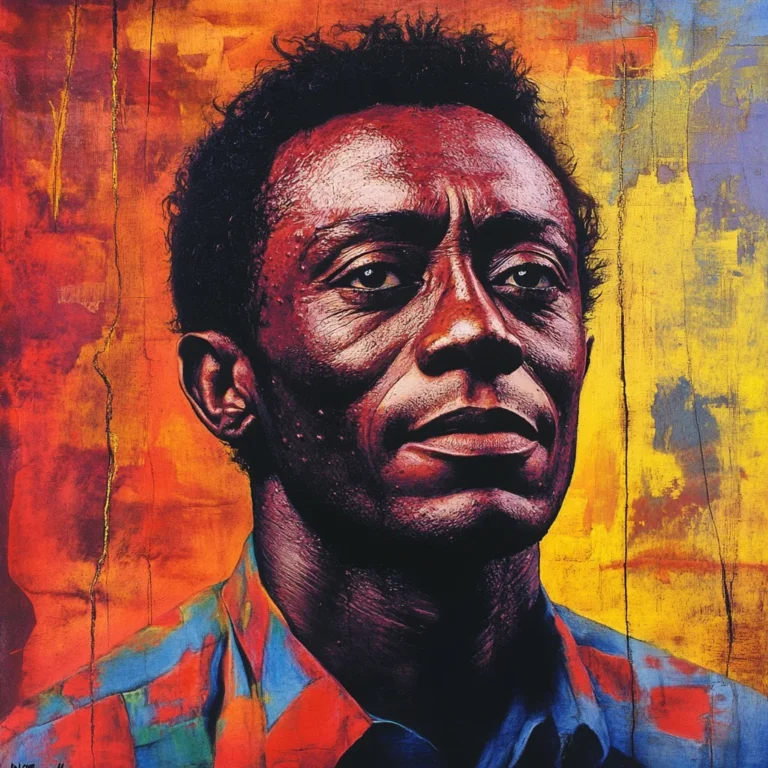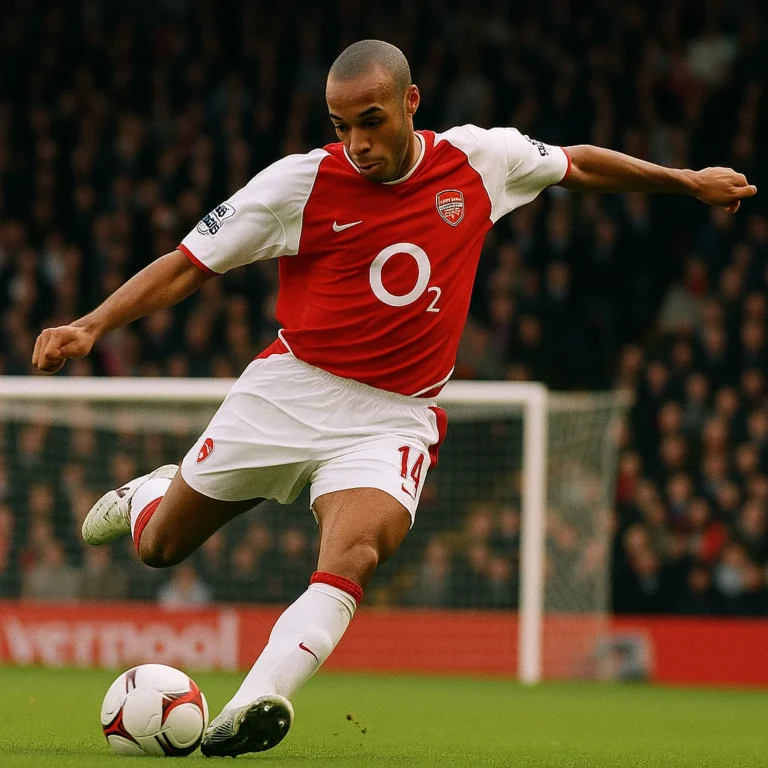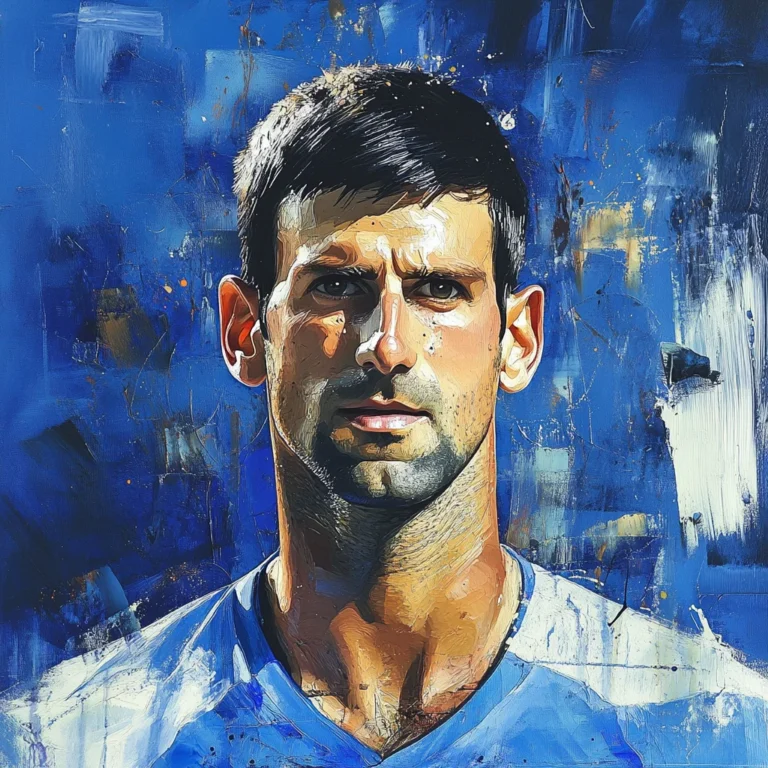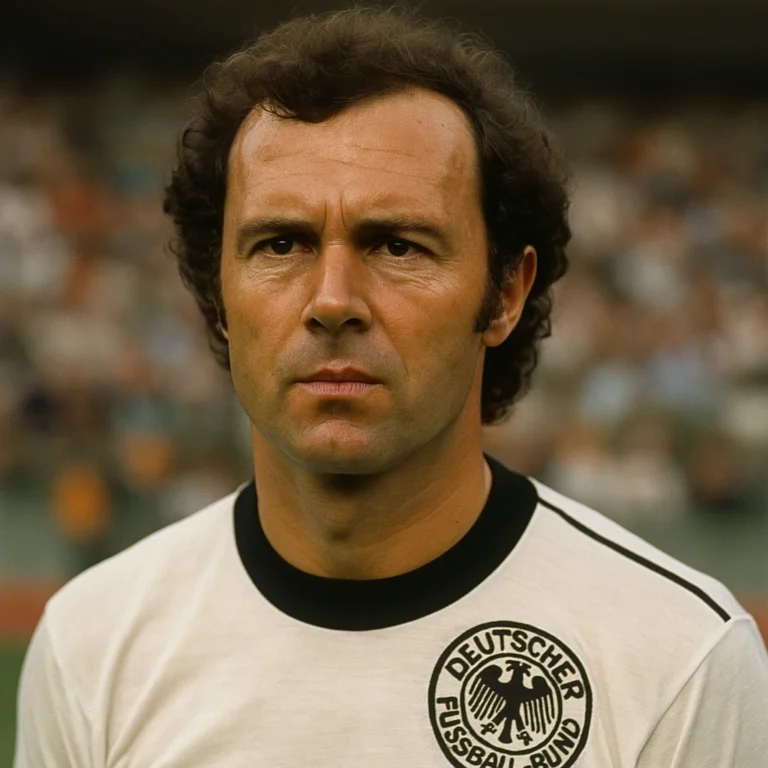Pelé was born Edson Arantes do Nascimento on October 23, 1940, in Três Corações, Brazil, and received his nickname from his childhood mispronunciation of his favorite goalkeeper's name, 'Bilé.'
He began his professional football career at the age of 15 with Santos FC, where he quickly became a sensation, scoring on his debut.
At just 17 years old, Pelé became the youngest player to score in a World Cup final, helping Brazil win the 1958 World Cup in Sweden.
Pelé is the only footballer to have won three FIFA World Cups, with victories in 1958, 1962, and 1970.
Throughout his career, Pelé scored a total of 1,281 goals in 1,363 games, including both official and unofficial matches, making him one of the highest goal scorers in football history.
Pelé was named FIFA's Player of the Century in 2000, an honor he shared with Argentine legend Diego Maradona.
Pelé is known for popularizing the phrase 'The Beautiful Game' (O Jogo Bonito) to describe football, emphasizing the elegance and artistry of the sport.
In 1961, Pelé was declared a 'national treasure' by the Brazilian government to prevent him from being transferred to a European club.
His influence extended beyond football; he was a global ambassador for the sport and played a significant role in promoting peace and humanitarian causes.
After retiring from football, Pelé became Brazil's Minister of Sports from 1995 to 1998, working to combat corruption in Brazilian football.
Pelé's farewell match was played between Santos and the New York Cosmos on October 1, 1977, where he played one half for each team, symbolizing his illustrious career.
He has appeared in several films, most notably in the 1981 World War II movie 'Escape to Victory,' where he starred alongside Sylvester Stallone and Michael Caine.
In 1982, Pelé released an autobiography titled 'My Life and the Beautiful Game,' further cementing his legacy in football history.
He was awarded an honorary knighthood by Queen Elizabeth II in 1997 for his contributions to football and his impact on the world.
Pelé's legacy continues to inspire generations of footballers and fans, and he remains a symbol of excellence and passion in the sport.
How useful was this post?
Click on a star to rate it!



